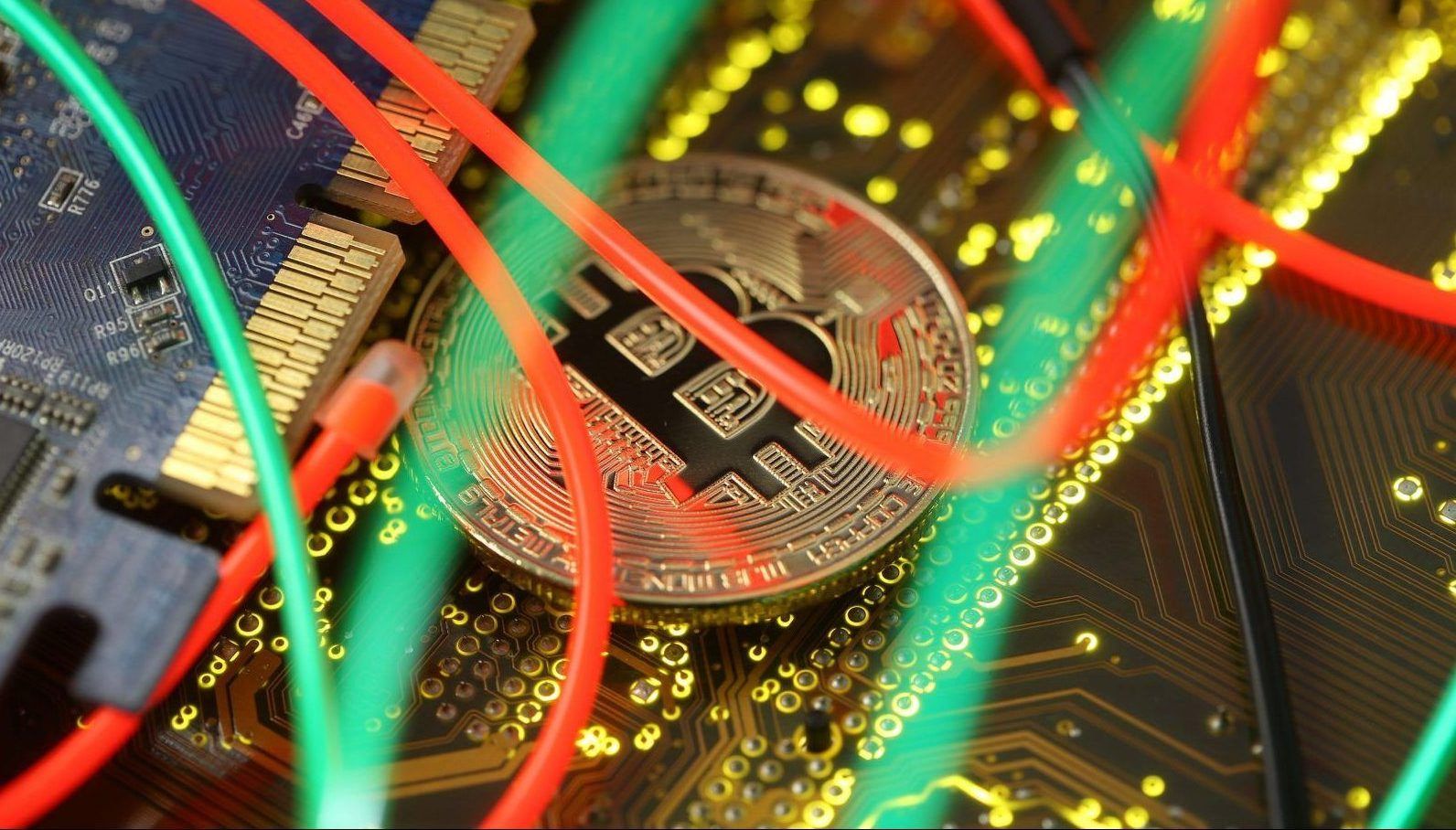Why crypto hoaxes are so successful
Although blockchains have been called “truth machines,” the industry surrounding them is anything but straightforward.


Although blockchains have been called “truth machines,” the industry surrounding them is anything but straightforward.
Shortly after the messaging app Kik announced this week it will close its platform because of legal fees resulting from the launch of its Kin cryptocurrency, a report emerged claiming that CEO Ted Livingston resigned from the company via a drunken text. The following day, though, Livingston refuted the report, explaining that he’d been on an international flight, and therefore not using the internet at the time of the supposed message.
As anxiety builds about Kik’s cryptocurrency (and a related SEC lawsuit), the Livingston hoax was perfectly timed. An impostor preyed on Kik near its peak in the news cycle, used the CEO’s likeness in their communications, and issued statements mirroring those previously published by Kik on its Medium blog.
Although the impostor wasn’t exactly sophisticated (they used the Telegram handle “Ted E. Bear”) their misinformation resulted in an article on CoinDesk—since removed—and Livingston’s supposed resignation spread quickly across social media.
Kik is hardly the first crypto company that’s been the subject of a hoax or misreporting. In July, the Tron Foundation’s Justin Sun was reportedly detained for investigation in China. It turned out, though, that Sun was recovering from kidney stones, resting in San Francisco. In 2017, Ethereum founder Vitalik Buterin was the subject of a death hoax, originating on the internet forum 4chan.
Misinformation is as old as money, and the history of finance is littered with examples of swindles and cons. From the South Sea Bubble of 18th century England to penny stock schemes peddled by the Wolf of Wall Street, investors have often been burned by opportunities too good to be true.
Part of this is endemic to any nascent industry, where entrepreneurs make bold claims about what their companies can achieve. The excitement and hyperbole around bitcoin and cryptocurrency also seem to have infected crypto journalism, whether it was reporting the NSA developing a cryptocurrency (it’s not) or unmasking Satoshi Nakamoto (they got the wrong guy).
For any reporter, getting a story—or a fact—wrong is a disaster. It damages your credibility and forces you to issue an update or retraction. I’ve been through this humbling experience before.
Whether examining a new consensus algorithm or checking on executive moves, cryptocurrency media faces a unique challenge. The informal communications channels (e.g., Reddit, Telegram, Medium) preferred by crypto projects make it difficult to weed out misinformation. The thousands of investors who parrot company talking points make it challenging to determine whether a project is actually delivering on its promises. Some companies, like Ripple, have seemingly rewritten history to avoid regulatory issues.
Unlike companies in the S&P 500, crypto projects often publish blog posts and tweets, not press releases. Determining what’s happening with crypto companies based in non-English speaking countries adds another layer of complexity.
Perhaps it’s indicative of 2019. We live in an era when foreign policy decisions and tariffs get announced on Twitter, too. So, maybe cryptocurrency companies are just ahead of the curve. However, informality and the biases of investors or reporters can lead to errors.
A successful hoax often relies on speed and fear, two vectors that tap directly into the crypto community. Traders are always online and they’re determined to get every possible edge. The outrageous characters in this world—obsessed with privacy, anti-corporate zeal, and arcane algorithms—are also prime targets for scam artists and pranksters. In a sense, the hijinks and humor feel like a part of cryptocurrency itself.
OH, NO! THE PRICE
Bitcoin’s price plunged 13% on Tuesday. In less than one hour, the price of bitcoin fell from around $9,500 to $8,300, creating large arbitrage opportunities for cryptocurrency traders this week. Market watchers variously attributed the drop to weak demand for Bakkt’s bitcoin futures and an unexpected slowdown in bitcoin mining.
A few days before the price drop, the bitcoin network’s hash rate (or mining power) suddenly dipped from 98 million tera hashes per second Sept. 21 to 67 million Sept. 22. That means the miners securing the network performed significantly fewer calculations than expected. Observers speculated on Twitter that a power outage at a mining facility might’ve been to blame.
BITS AND PIECES
- Kik had a huge child predator problem. Now it’s shutting down. (Vice)
- Moving forward boldly with Kin (Ted Livingston, founder of Kik and Kin on Medium)
- The owner of the New York Stock Exchange is now in the Bitcoin business (MIT Tech Review)
- China’s digital currency not to come as early as speculated (Global Times)
- Why building a new protocol for money is the only way to truly change the game for people (David Marcus, head of Calibra on Medium)
- The coming currency war: digital money vs. the dollar (WSJ)
Please send news, tips, and Ted E. Bears to [email protected]. Today’s Private Key was written by Matthew De Silva and edited by Oliver Staley. Intelligent discontent is the mainspring of civilization.